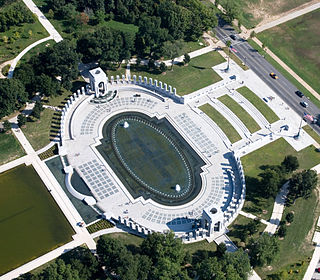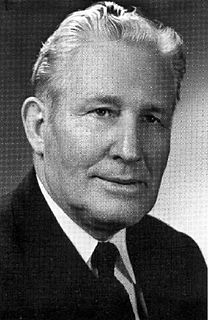A Quote by Friedrich St. Florian
The freedom to express yourself without fear - that perhaps is something we in the U.S. take for granted. It's almost inconceivable to think we would be afraid to express our opinions or thoughts, but that's not true for all parts of the world now, and certainly not before World War II.
Related Quotes
We have to recognize that the reason that the global order that we've enjoyed and almost take for granted over the last several years exists is that after World War II, the United States and its allies tried to build an antidote to what they had seen between World War I and World War II. There, they'd seen protectionism, beggar-thy-neighbor trading policies, so they said, we'll build an open international economy. And they did that.
I think in many ways, the Spanish Civil War was the first battle of World War II. After all, where else in the world at this point did you have Americans in uniform who were being bombed by Nazi planes four years before the U.S. entered World War II? Hitler and Mussolini jumped in on the side of Francisco Franco and his Spanish nationalists, sent them vast amounts of military aid, airplanes, tanks - and Mussolini sent 80,000 ground troops as well - because they wanted a sympathetic ally in power. So I think it really was the opening act of World War II.
More thinking is required, and we should all exercise our God-given right to think and be unafraid to express our opinions, with proper respect for those to whom we talk and proper acknowledgment of our own shortcomings. We must preserve freedom of the mind in the church and resist all efforts to suppress it. The church is not so much concerned with whether the thoughts of its members are orthodox or heterodox as it is that they shall have thoughts.
However, there is a fundamental difference between the issue related to Japan's history and our negotiations with China. What is it all about? The Japanese issue resulted from World War II and is stipulated in the international instruments on the outcomes of World War II, while our discussions on border issues with our Chinese counterparts have nothing to do with World War II or any other military conflicts. This is the first, or rather, I should say, the second point.
There are three stories that are foundational to the Islamic narrative in which women, and in two of the three cases, single women, are not just part of the story. They're at the very center of the story. Yet, that is not something that you would imagine to be true if you survey the Muslim world from the outside or from the inside. Part of the reason is that we don't really take our text seriously. We don't take our stories seriously. We're almost afraid of thinking complicated thoughts.
We do hear perhaps too many accolades generally aimed at people like Steve Jobs. We have to remember that there are other classic things in life that we undervalue and take them for granted. If you think of the classic lines of the modern jet aircraft, it's really been there since early World War II.
We [with Shindzo Abe] should understand that the results of that terrible tragedy of the 20th century, namely World War II, are enshrined in corresponding international documents, and finding a way to settle all disputes without destroying the entire foundation of international law that evolved as a result of World War II is a highly delicate task. Therefore, I would like to reiterate that we cannot second-guess the course, let alone the outcome of our negotiations.







































